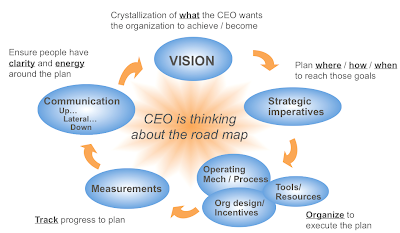Show me the money - lawyers and financial awareness
An amateur astronomer with a decent telescope can, on a moonless night, gaze towards the heavens and just make out the faint green glow of the mysterious world where our arch-enemies, the accountants, are born (or perhaps grown in pods) and trained - Planet Finance. A world where “prose” is unknown and the inhabitants spend their school years poring over pages filled entirely with numbers. A world in which the preamble to the Declaration of Independence begins not with the words “We hold these truths to be self evident …” but with an Excel pivot table showing a sensitivity analysis of benefits and risks. Sounds hideous, doesn’t it? But, if you’re a lawyer, I'll wager this vision resonates with some of your prejudices. Back on Planet Earth, we need to talk about finance and lawyers. I’ve written previously about metrics and said that finance is the language of senior management. More recently, I’ve taken part in several round-table discussions about the impor...
